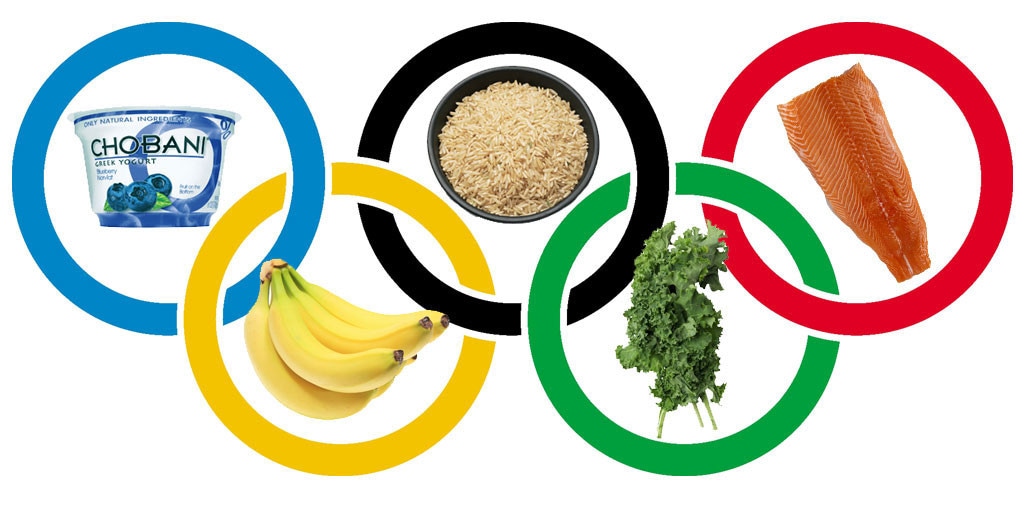 Getty Images
Getty ImagesIf you've been following the winter Olympics in Sochi, you're probably in awe at the sheer dedication and impressive skills exemplified by the pro athletes competing in the games.
And if you're anything like us, you're likely wondering what the Olympians are eating to stay on top of their game.
After all, with constant workouts and intense competitions, we're betting their calorie consumption is meticulously calculated.
We tapped USOC sport dietician Jennifer Gibson, MSc, RD, CSSD, IOC Dip Sport Nutrition to get the scoop on how these incredible athletes nourish their bodies.
One thing we learned is that every athlete's diet plan is unique and tailored to their physique and sport.
"Olympians come in all shapes and sizes and have different goals, so they do not all have the same requirements for nutrition. A figure skater trying to maintain a lean physique may consume 1,800-2,000 calories whereas a cross-country skier with huge energy expenditure may consume 4,000 or more calories per day," Gibson explained.
The expert nutritionist also told us that most athletes eat between four to six meals a day, evenly spaced out with no more than four hours apart, and avoiding alcohol is definitely recommended.
"This will include three core meals, then usually each workout has a recovery snack post-training, sometimes also pre-training, and then depending on goals, some athletes eat before they go to bed. We try to balance carbs and protein in meals to ensure a steady energy release of the food to the body. We may have a bit of a higher carbohydrate ratio before and after training to help fuel and recover the muscle," she said.
Wondering what a typical Olympian meal plan looks like for a skier or ice hockey player?
Gibson breaks it down for us:
Breakfast:
Egg white omelet with veggies and bowl of Rice Krispies cereal and milk and fruit.
(Protein with carbs for steady energy. Low fiber cereal for maximum digestibility pre-training.)
Pre AM training snack:
1-2 cups chocolate milk or soy
(Higher carbohydrates anchored with protein to fuel work about to come.)
During training session:
Few bites of banana, sport drink or blocks/gels
(Quick carbohydrate needed to supply energy for the working body.)
Post AM training snack:
Chobani Greek yogurt and banana and water and or sport drink
(Protein for repair + electrolytes and carbs, need them in combination for optimal amino acid divert to the body.)
Lunch:
Chicken breast and steamed kale and quinoa and fruit
(Nice steady energy release from a balanced meal.)
Early afternoon training snack:
Applesauce and trail mix and jerkey
(Same goals as above – this is easy to kick back and eat!)
During Training:
Water or carb, depending on intensity and nature of training
Post training snack #2:
Protein shake with fruit/whey and milk of choice (soy, dairy or almond)
(Same as above—liquid instead of solid snacks because they're easier to digest and handy if no appetite is present post meal.)
Dinner:
Salmon and asparagus and brown rice and fruit
(Omega-3 fats offer some anti-inflammatory benefits for healing the body post-exercise.)
Pre-bedtime snack:
Cottage cheese and fruit
(Casein protein before bed helps with the protein synthesis and repair that goes on with sleep.)
And there you have it!